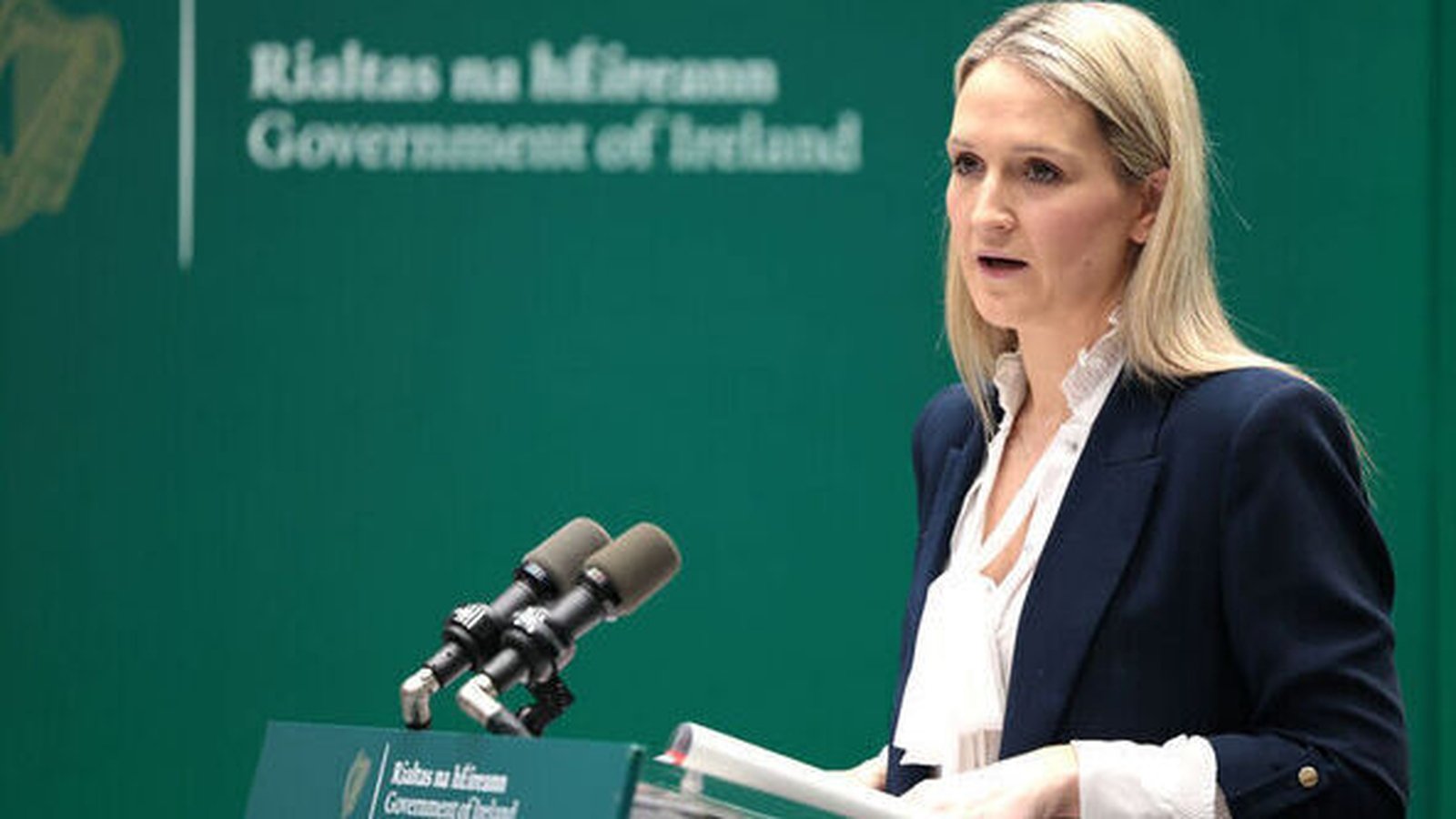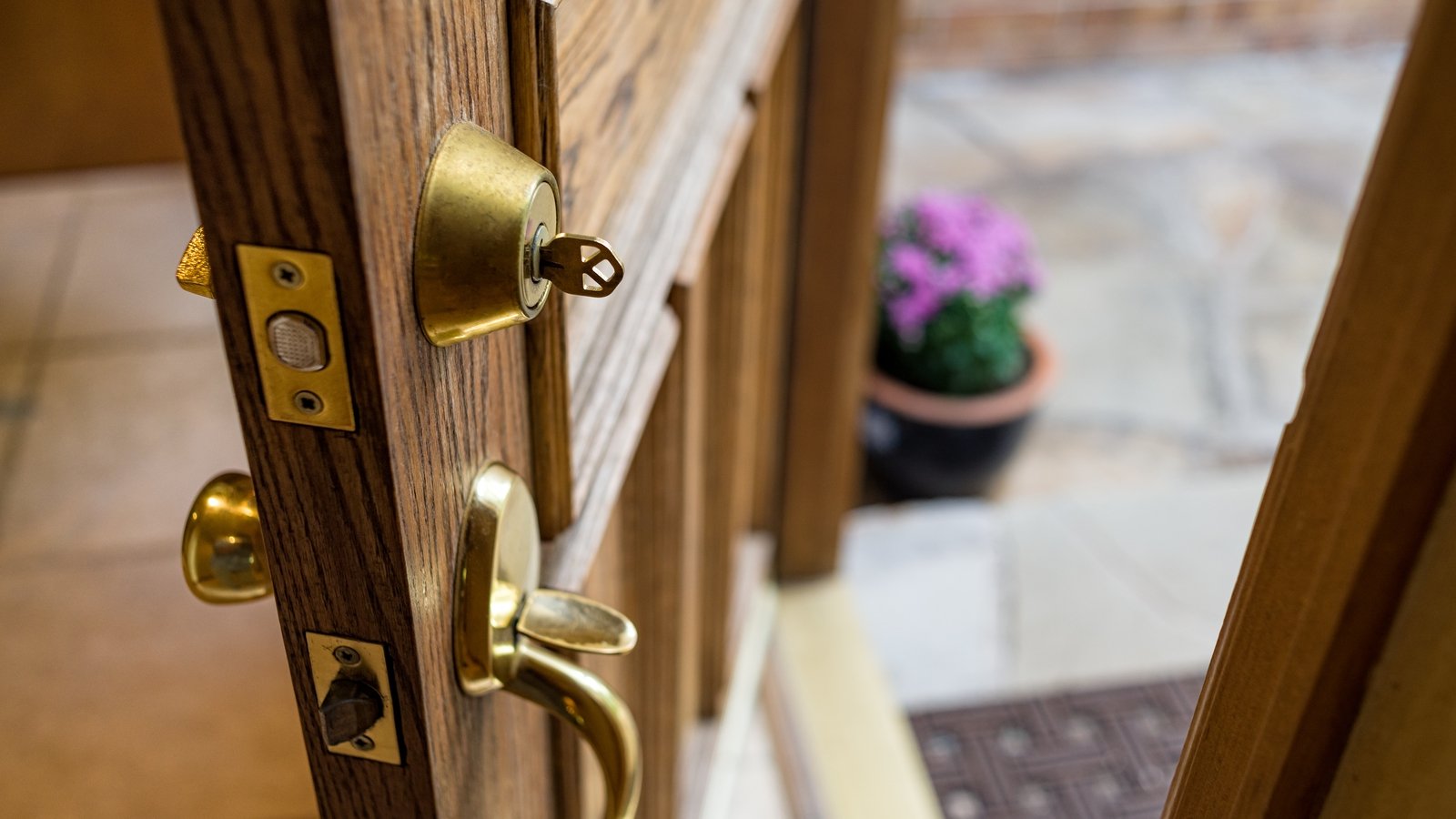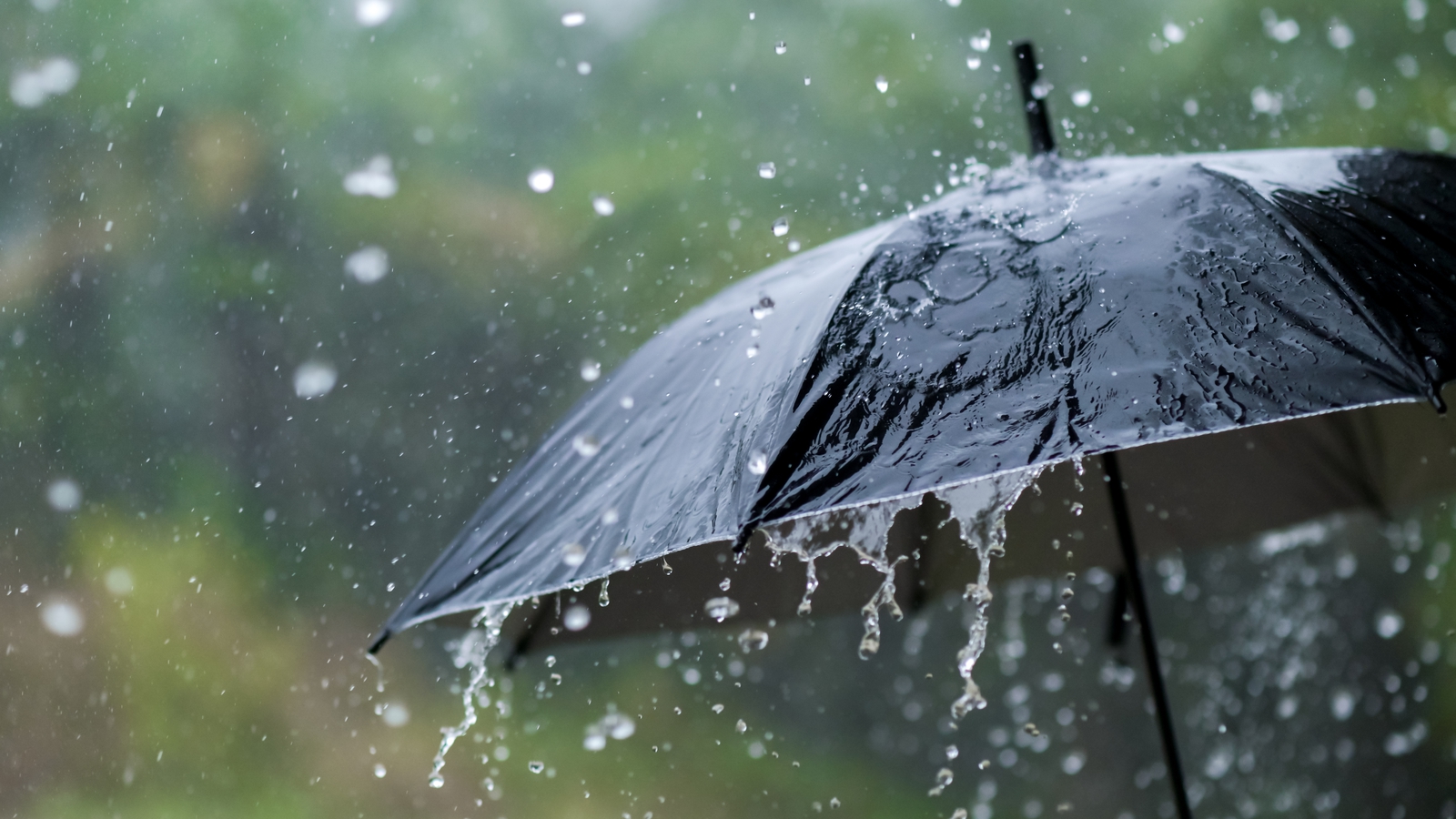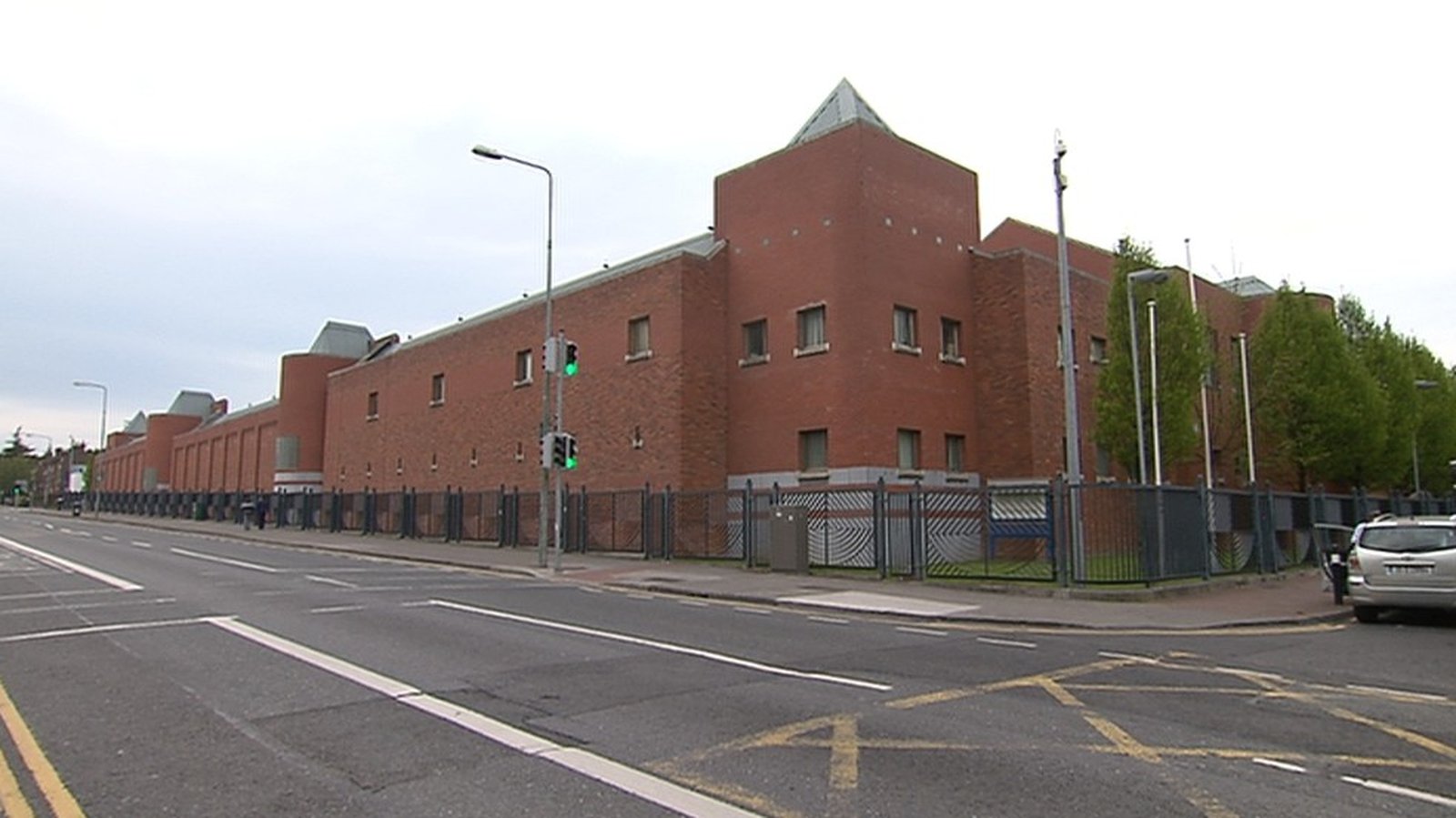How will Trump fare in New Hampshire?
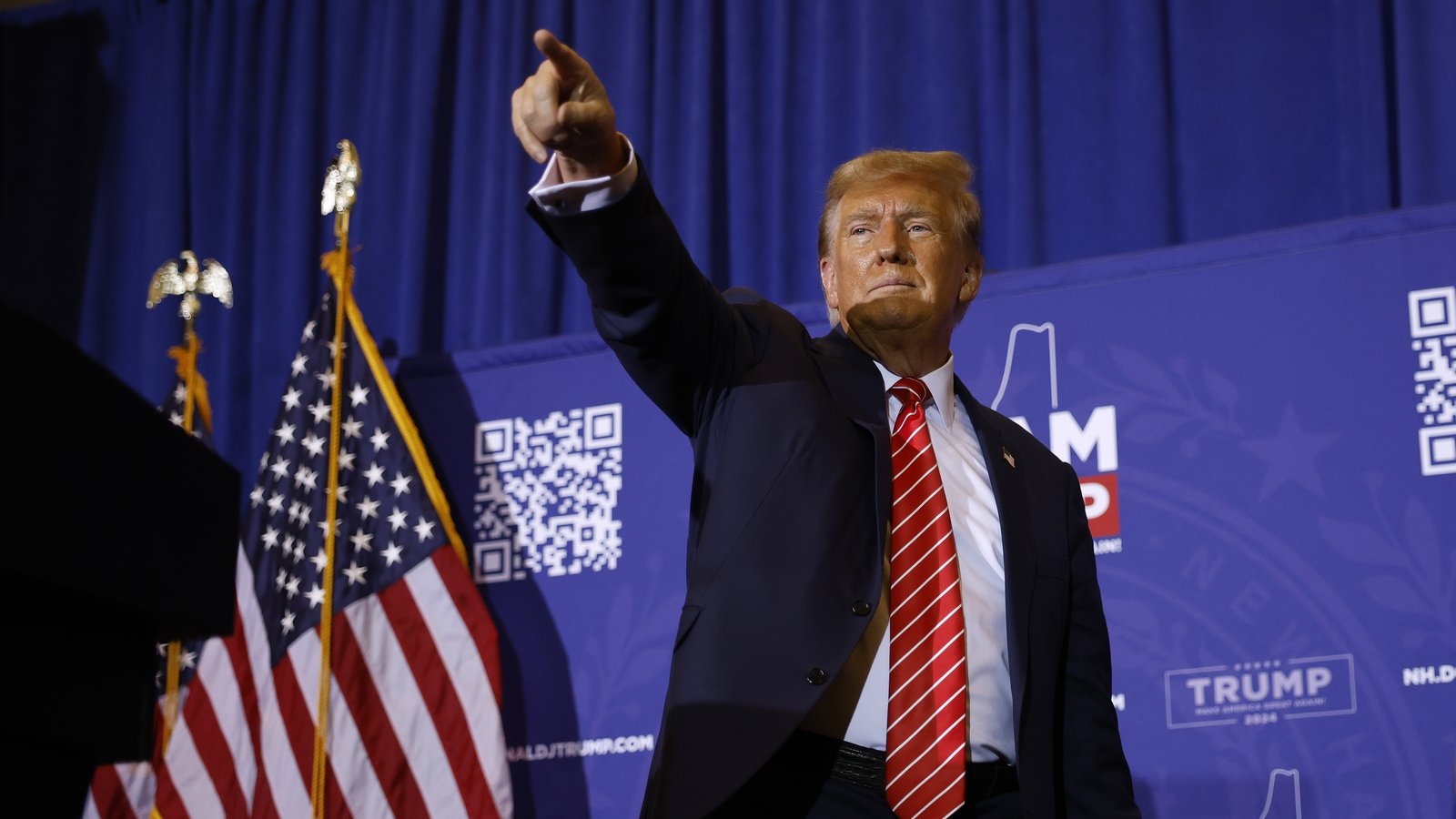
Let’s get the Iowa results out of the way first, Donald Trump won a crushing victory with 56,250 votes out of 594,533 active registered republican voters, out of a total state population of 3.1 million people.
110,298 voters braved the arctic conditions to take part in the caucuses.
That’s about 18% of the Active Registered Republicans.
It’s far fewer than the 180,000 who turned out in 2016, the last time there was a contested Republican caucus in Iowa.
Mr Trump finished second then, with 25%, Senator Ted Cruz won with 27% and Senator Marco Rubio was third on 23%. The temperature then was +2C; the temperature last Monday was a wind chill of -32C.
For decades much has been written about how unrepresentative Iowa is in setting the tone for the Presidential elections.
The same is true of New Hampshire, the next contest, and the first to be run as an actual election (a caucus is a meeting you have to turn up to at a fixed time to vote, a state run primary election is like a regular election, with a ballot paper and counting machines).
They are indeed unrepresentative. Between them, these two states muster about 1% of the US population.
Demographically they are not at all representative, being much more white and rural than the “typical” US state.
But they are the first to go, and that gives them an outsized say in the process of selecting candidates.
On the one hand getting around these two small states gives the candidates a chance to practice their retail political skills (if the have any), and gives the electorate a chance to see them up close and personal, potential presidents campaigning like local councillors, turning up in diners and coffee shops, fairs and cattle marts, sports events and schools.
It takes the best part of a year to cover the ground intensively (in Iowa they call it the “Full Grassley” after Senator Chuck Grassley who prides himself on touring all 99 of Iowa’s counties in his election campaigns. The Full Grassley didn’t work for Mr De Santis).
The voters of Iowa and New Hampshire get to act as a screening system for the rest of the country, winnowing down the field, finding out who has the right stuff, who lacks it, who is worth punting some campaign money on, who are the duds.
However it is a small electorate in both states, and very unrepresentative. But it’s also the way it is. You got to play the field as you find it.
In Iowa the republican party liked Mr Trump. He doubled his vote share since the 2016 caucuses, after four years as president, 6 January, 91 criminal indictments and 51% may not tell the whole story.
Analysis of YouGov polling data by the Washington Post notes that half of DeSantis voters and 20% of Haley voters told pollsters that Mr Trump was their second choice for the Presidential nomination. That would move his total share among Republican voters in the State up to around 70%.
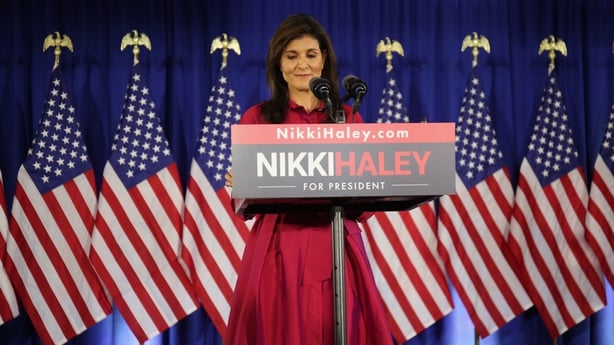
That in turn correlates with findings of an entry poll carried out among caucus attendees as they went into the meetings, which found two thirds of them do not think Joe Biden legitimately won the Presidential election in 2020.
One of those winnowed from the field of contenders in Iowa was Asa Hutchinson, the former Governor of Tennessee (and boss of the Drug Enforcement Agency under George W Bush).
He scored 191 votes in Iowa. His moderate, Bush-style republican vision did not play well in the State.
He quit the campaign on the night of the results. (The Democratic National Committee said it came as “a shock to those of us who could’ve sworn he had already dropped out”, The White House apologised, perhaps mindful of the need to keep the door open to dissatisfied old school Republicans in November).
Reflecting on the scale of Mr Trump’s win in Iowa, Mr Hutchinson told Politico “what happened is people bought into Trump’s grievances and anger and a belief that he’s been unfairly persecuted. So, that dynamic has changed and strengthened Donald Trump, and I would say that’s probably the key factor right there”.
The belief that Mr Trump has been unfairly treated by “the system” in Washington was certainly a motivating factor for voters we spoke to in Polk county, and that was a “purple” district, that swings between democrat and republican on very narrow margins, the kind of suburban territory comparative moderates like Nikki Haley were supposed to do well in.
However in the Johnston 5 caucus we filmed, she didn’t do well, just 15 votes. Mr DeSantis did much better than elsewhere, 48 votes, just narrowly beaten by Mr Trump who got 50 votes.
But if Mr DeSantis is Mr Trump without the chaos, then it’s clear that the Trump-style message is popular among republican party activists in this unrepresentative state.
However, it’s a small unrepresentative state that has an outsized impact on the Presidential election process. Getting momentum and attention is the name of the game. And Mr Trump has certainly got that.
He wanted to crush Mr DeSantis, the candidate of choice for wealthy republican donors who do not want Trump back in the White House. His $130m campaign is being rubbished as the worst ever by rival republican strategists, amidst the start of a chorus for him to jack it in and end his campaign.
Yesterday, Mr Trump called Mr DeSantis’ campaign “one of the greatest self-destructions I think I have ever witnessed”.
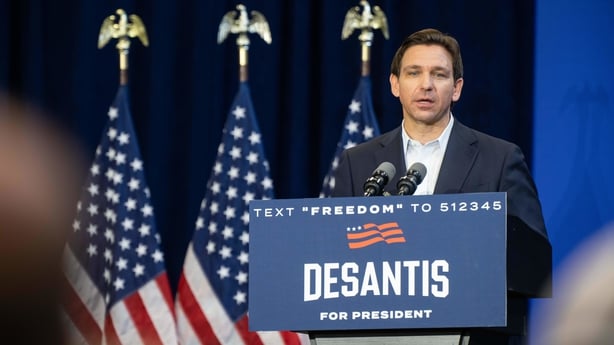
From the get-go it was clear that Mr DeSantis was polling badly in New Hampshire, the scene of the next contest in this momentum building process.
Never getting out single digits in the polls, Mr DeSantis has effectively given up on next Tuesday’s vote.
He has left the way clear to a head-to-head contest between Ms Haley and Mr Trump, spending his time and energy campaigning in South Carolina, Ms Haley’s home state, which has a primary on 23 February.
As a result, New Hampshire is falling flat by the standards of previous elections.
There just is not that much activity, Ms Haley’s campaign not barnstorming its way across the (admittedly snow-bound) state, and Mr Trump spending time in court in New York for the E. Jean Carroll civil case, or Florida for his mother in law’s funeral.
Ms Haley insisted that a televised candidates debate had to include Mr Trump, or she wasn’t taking part either. He is not doing debates with other candidates, so she pulled out. There is no televised candidates debate in New Hampshire for the first time since 1980.
Before Iowa, Haley had been building support in New Hampshire, even before the withdrawal from the race of Chris Christie, the former New Jersey governor who has become a trenchant critic of Mr Trump. It’s expected much of his support will migrate to Haley – but will it be enough?
Yesterday’s daily tracking poll by the Boston Globe, NBC-10, and Suffolk University puts Mr Trump on 52%, Ms Haley on 35% and Mr DeSantis on 6%.
To come close to defeating Mr Trump, or even defeating him, Ms Haley needs to win support among the “somewhat conservative” voters who actually dominate the Republican party in New Hampshire.
Yes, it is more liberal in outlook than Iowa, but liberal republicans are no more than a third of the voters in Tuesday’s primary.
In order to build a winning coalition, Ms Haley has to speak out of both sides of her mouth, appealing to anti-Trump republicans and independents (who are allowed to take part in New Hampshire’s primary and conservative republicans, who tend to support the former President).
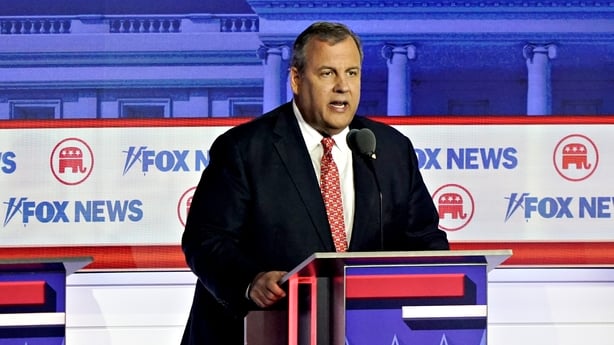
Yesterday, Ms Haley said she didn’t need Mr Christie’s endorsement to win those votes.
That may have been pique over Mr Christie’s off-record, on-live-microphone comment that Ms Haley “is gonna get smoked, you know it and I know it: she’s not up to this”.
Mr Trump said it was the only comment from Mr Christie he agreed with.
It’s far from an easy task, but failing to win over the more conservative republican voters, whilst maintaining an anti-Trump stance could fatally hobble Ms Haley’s campaign even at this early stage.
“I really believe that New Hampshire is close to a make-or-break for keeping the nomination out of Donald Trump’s hands,” Mr Hutchinson told Politico in an end of campaign interview.
“Because if Donald Trump wins significantly in New Hampshire like he did in Iowa, then you’ve got Nevada, and Nevada’s in his camp already. They’ve moved to a caucus. And then you’ve got South Carolina, where he leads, and there won’t be momentum for Nikki at that point even going into South Carolina. And then you’ve got Super Tuesday. So, New Hampshire’s pretty important to reverse the trend that we’re on right now.”
Mr Hutchinson has never said he would not vote for Trump but he is adamant that he will not vote for a convicted felon, and believes there are plenty of other republican leaning voters who feel the same.
The small, unrepresentative sample of party opinion that the sprints in Iowa and New Hampshire represent have to be kept in the context of the marathon that is the Presidential election.
If Mr Trump is convicted before November, his path to the White House becomes much more difficult.
“Well, that’s the problem”, says Mr Hutchinson. “His strategy is, wrap up the nomination quickly. And then secondly, delay the court cases and accountability as long as possible. And thus far he’s been successful in that.”
The genius of Mr Trump’s re-election bid is that he has turned the court cases into the campaign.
He has riled up the party base with his claims of persecution and injustice, and got loads of free nationwide publicity with his court appearances, which are catnip for the cable news channels.
Mr Trump spent half as much on TV advertising as his two main rivals in Iowa, simply because he does not need to. As Ryanair demonstrated two decades ago, a PR campaign of carefully targeted outrage can be more effective, and a lot cheaper, than classical advertising.
For the moment at least, Mr Trump can fight a war on two fronts. It’s his best and only option.

